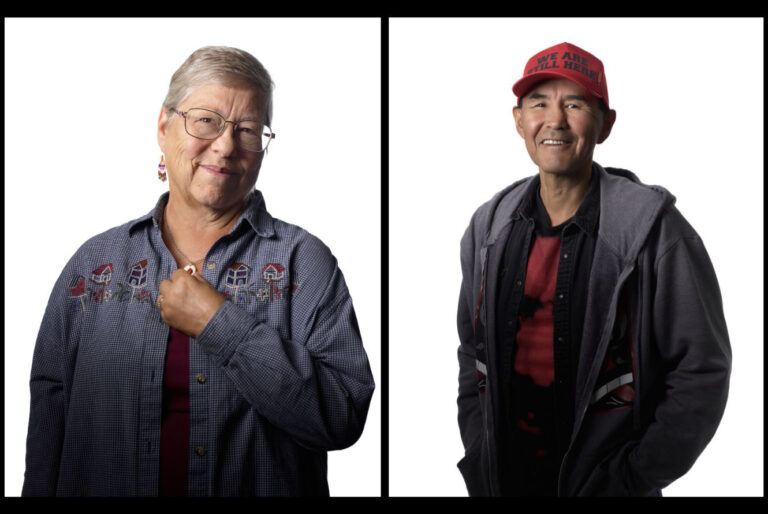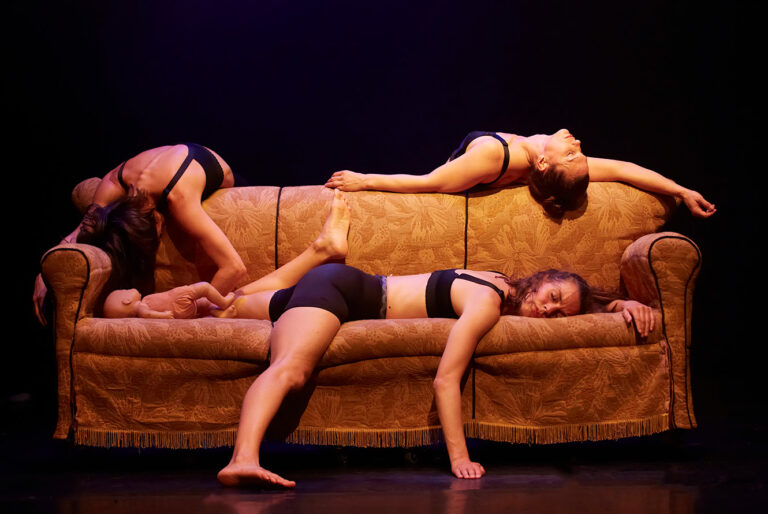One way the show does this is by inviting audience members to participate. There’s no pressure, says Quirt, but people always offer to share their own favourite sad songs and the stories behind them. Miller, who has a huge repertoire, will then sometimes perform them. Occasionally, audience members will sing a few lines themselves.
Quirt says there are some songs and artists who have come up frequently over the years, such as Joni Mitchell and Leonard Cohen. A few classical pieces are also often referenced, including Samuel Barber’s “Adagio for Strings” form Platoon.
If you look through the playlists from past performances (which are always posted to Nightswimming’s website the day after a show) though, you’ll find a diverse selection that features Simon & Garfunkel, Beethoven and U2 alongside ABBA, Queens of the Stone Age, Lizzo, Elton John and Bob Marley.
Quirt says the range of songs leads to great discussions and can sometimes allow people to re-frame their experience of a sad song by understanding why they like it and what role it has played in their lives.
“Being melancholy is universal,” he says. The show doesn’t come to you and ask you to be sad. It asks what it is we love about sad music.
What the show aims to tap into is that common human experience of sad music, and why we’re drawn to certain types in different emotional states.
Everyone knows they share this, he says. We’re all aware of it. There are millions of sad songs playlists on Spotify and Apple Music. What we’re less aware of is why and how we interact with that music—because we don’t spend much time thinking about it.
“North America doesn’t like sadness very much,” says Quirt, laughing. “It resists it.”
You may not walk away from Nightswimming’s show with the exact answer, but you’ll develop a greater understanding.
The show takes place on the Yukon Arts Centre mainstage (cabaret seating) at 7 p.m. on September 27 and 28. Tickets are $25 and can be purchased here.




